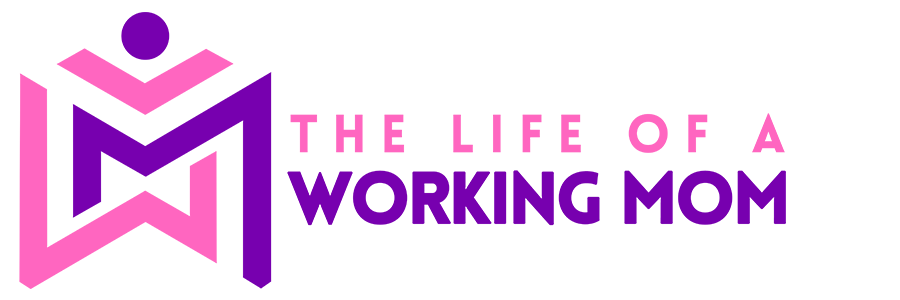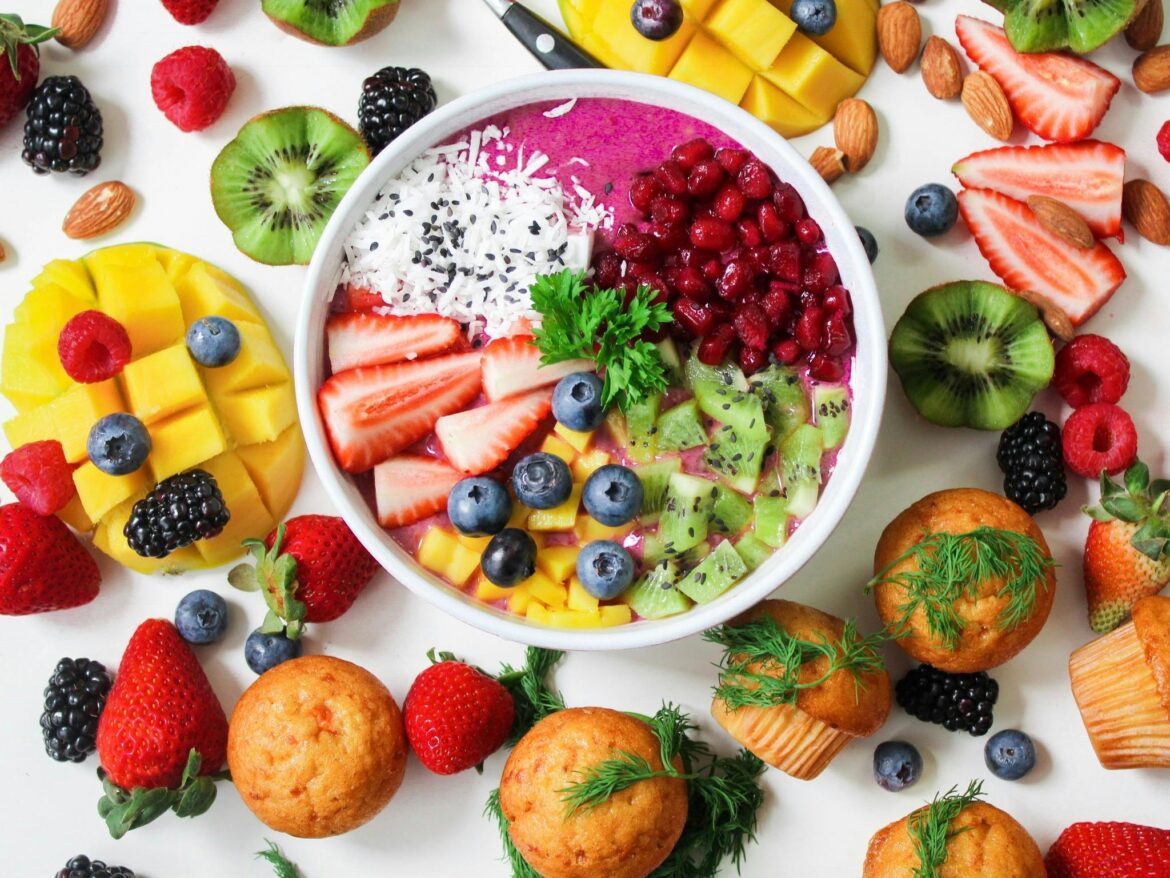Reflecting on society’s obsession with meat and animal-based foods, vegetarians are often left out by the food industry. If you agree with me, most food products today are packed with ingredients that don’t cater well to vegetarian diets.
If you’re pregnant, it’s even worse! creating a pregnancy diet plan for vegetarians can be challenging, as many available food choices lack the essential nutrients needed for both the mother and baby. It gets even more difficult when pregnancy cravings hit, and the available foods fall short of what your body truly needs.
It’s pretty unfair, but that’s the reality in a world driven by profit instead of providing nutrient-dense food. This Pregnancy diet plan for vegetarians will explore the key nutritional requirements to help you stay healthy and well-nourished during pregnancy.
Is It Safe to Be Vegetarian During Pregnancy?
The short answer is yes, it’s safe to follow a vegetarian diet during pregnancy, as long as you plan your meals carefully. The pregnancy diet plan for vegetarians ensures that you can still meet the increased nutritional needs of pregnancy by making smart food choices.
With the right mix of protein, iron, calcium, and other nutrients, you can have a healthy and balanced diet without consuming meat.
Let’s take a closer look at the key nutrients and how you can incorporate them into your vegetarian diet.
1. Protein
Protein is crucial during pregnancy to support the growth and development of your baby. Thankfully, the diet plan for vegetarians includes many excellent plant-based sources of protein. Let’s take a look at a few of them.
Vegetarian protein sources
- Chickpeas and beans
- Quinoa and oats
- Nuts, seeds, and nut butters
Include a variety of these in your meals to make sure you’re getting enough protein. If you consume dairy and eggs, they are great additions to boost your protein intake.

2. Iron
Iron is needed to make more blood for both you and your baby. Include iron-rich plant-based foods, but also pairing them with vitamin C to help improve absorption.
Iron-rich foods:
- Leafy greens and beans
- Fortified cereals
- Soy products
To boost iron absorption, combine these with vitamin C-rich foods like oranges or strawberries.

3. Calcium and Vitamin D
Calcium is also important for building your baby’s bones and teeth, and Vitamin D helps your body absorb calcium. Focus on fortified foods and supplements if necessary to ensure you’re getting enough.
Sources of calcium:
- Dairy products (for lacto-vegetarians)
- Fortified plant-based milk, tofu, and leafy greens
If you don’t get much sun, consider taking a vitamin D supplement as well.
4. Vitamin B12
Vitamin B12 is essential for brain development in your baby, but it’s mainly found in animal products. As a vegetarian, the importance of fortified foods or supplements are often emphasized.
Sources of B12:
- Fortified plant-based milk and cereals
- Nutritional yeast
- Vitamin B12 supplements

5. Omega-3 Fatty Acids
Omega-3s are important for your baby’s brain and eye development. Since fish is the main source of omega-3s. Plant-based options like flax seeds and algae-based supplements are also important.
Omega-3 rich foods:
- Flaxseeds, chia seeds, and walnuts
- Algae-based supplements
Sample of Pregnancy Diet Plan for Vegetarians
Here’s a simple Pregnancy Diet Plan for Vegetarians that covers all the essential nutrients:
| Breakfast | Lunch | Dinner | Snack |
| Fortified cereal with almond milk (for calcium and B12) | Quinoa salad with chickpeas, spinach, and avocado (for protein, folate, and iron) | Stir-fried tofu with broccoli and brown rice (for protein, calcium, and iron) | Smoothie with chia seeds, fortified almond milk, and berries (for omega-3s and calcium) |
| A handful of walnuts (for omega-3s) | A glass of fortified soy milk (for calcium and vitamin D) | A mixed vegetable salad with lemon dressing (for vitamin C) | Whole-wheat crackers with almond butter |
| Fresh orange juice (for vitamin C) |
Conclusion
With careful planning, the Pregnancy Diet Plan for Vegetarians can provide all the nutrients you and your baby need. By including a variety of nutrient-dense foods like beans, leafy greens, fortified cereals, and supplements where needed, you can ensure a healthy and balanced pregnancy diet.
Remember to consult a healthcare provider or dietitian to help tailor your diet plan and ensure your nutritional needs are fully met.


